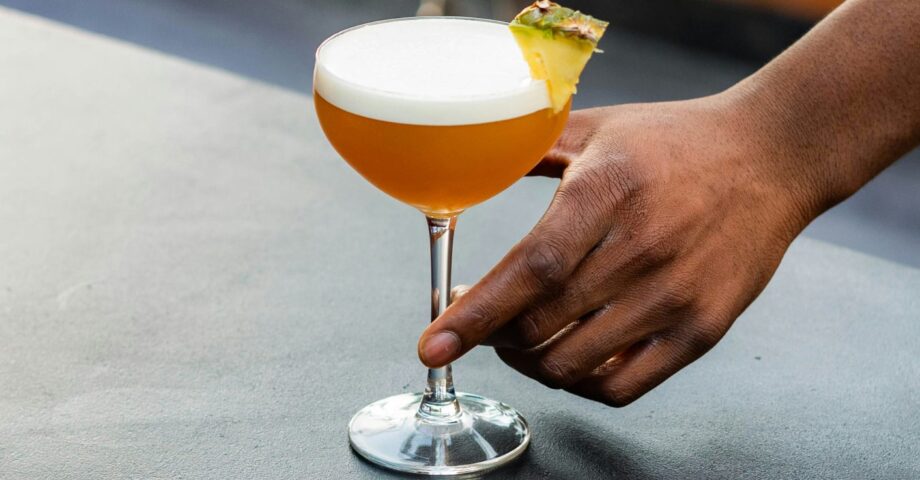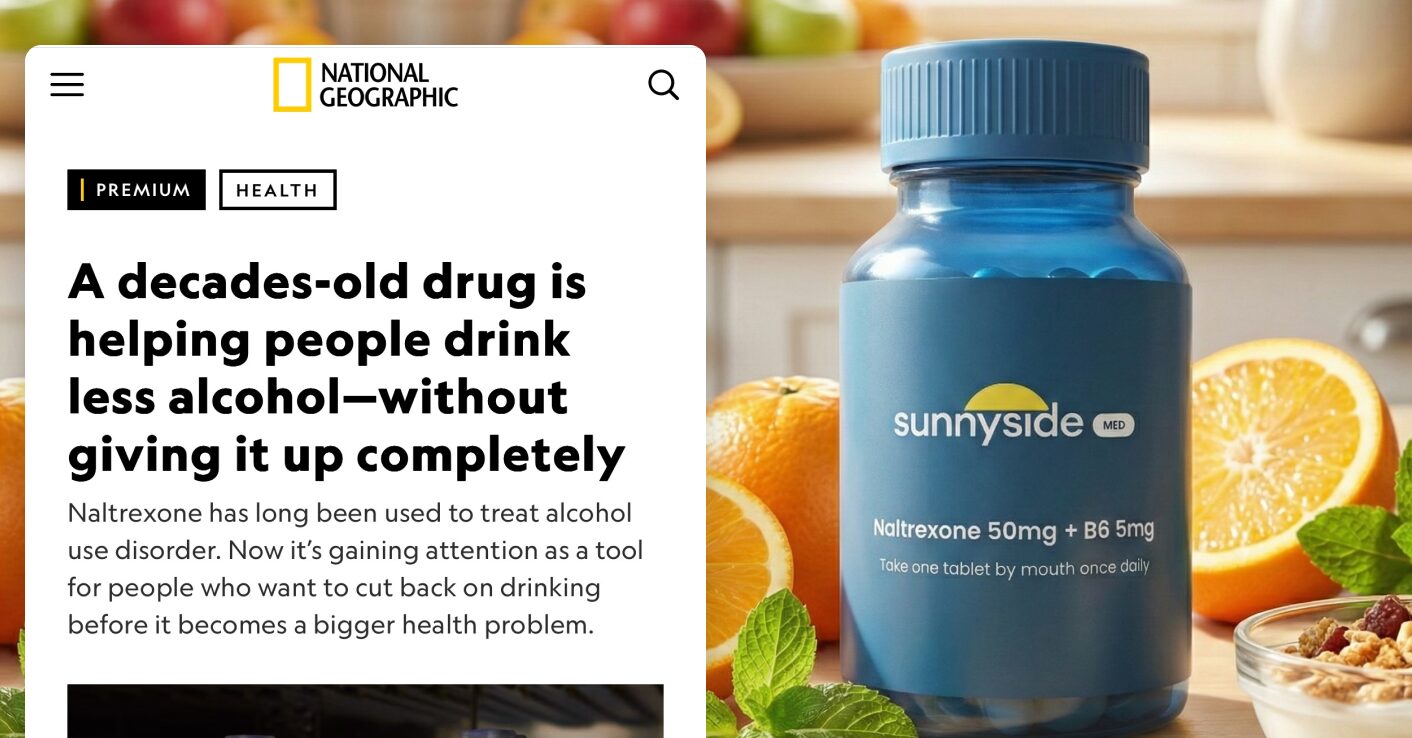Last Updated on April 14, 2025
If you find yourself thinking about alcohol often—whether it’s tallying drinks, reviewing last night’s choices at the bar, or planning your next “dry day”—you’re not alone. Many people on a mindful drinking journey worry that this kind of mental preoccupation is a red flag.
But here’s the truth: Thinking about alcohol a lot doesn’t necessarily mean you’re headed in the wrong direction. It could be a sign that you’re growing more aware. That’s a good thing!
Watch The Related Podcast
Why You Can’t Stop Thinking About Alcohol
When someone has had a consistent relationship with alcohol over the years, their brain can develop strong neural connections around it. These pathways are reinforced every time they drink in response to specific triggers: stress, social situations, boredom, or just plain old habit. So, when they start to cut back, the brain doesn’t simply let go. Instead, it holds on tighter for a while.
This is known as cognitive preoccupation. Your brain is asking, “Hey, aren’t we supposed to be thinking about drinks right now?” It’s like a mental echo of an old pattern, not (and this is important) a moral failing. Neuroscientist Dr. Judson Brewer explains this in his book The Craving Mind, describing how habits are formed through a simple loop: trigger → behavior → reward. Remove the behavior (drinking), and the loop doesn’t instantly disappear. The brain still expects the reward, so the thoughts persist.
The Hyper-Awareness Effect
When you’re looking to change something significant in your life, like drinking, it becomes front and center in your awareness. This is called attention bias, and it’s the same effect that makes you suddenly notice your car model everywhere right after buying it. Or how everything feels like food when you’re on a diet.
Alcohol becomes something your brain spots more often, not because you’re failing, but because you’ve assigned it importance. Even telling yourself to stop thinking about alcohol can, ironically, make it more present in your mind. Cue the overthinking.
Rumination vs. Reflection
The real red flag isn’t that you’re thinking about alcohol; it’s how you’re thinking about it. You’ll need to answer an important question: Are you reflecting or ruminating?
- Reflection helps you course-correct: “I had more than I wanted yesterday. What can I change today?”
- Rumination keeps you stuck: “I messed up again. Why can’t I do this right?”
Rumination often comes with anxiety, shame, or hopelessness, and those emotions can become triggers themselves. Research from the Journal of Neuroscience shows that chronic stress strengthens the brain pathways that drive cravings. So the more stress you feel over thinking about alcohol, the more likely those thoughts will persist.
So, Is Overthinking Alcohol a Bad Sign?
Not inherently. In many cases, it simply means your brain is doing the hard work of rewiring old patterns. You’re building awareness. But if your thoughts are creating ongoing anxiety or self-judgment, it might be time to shift your focus—not suppress it, but redirect it.
4 Strategies to Shift Your Mental Focus Around Alcohol
1. Zoom Out Instead of Zooming In
Instead of checking in with your drinking every single day, take a step back and look at longer-term patterns. Ask yourself:
- How do I feel compared to a month ago?
- Has my sleep, energy, or mood improved?
- Am I building more control or self-awareness?
Daily fluctuations are normal. What matters is the bigger picture.
2. Replace the Habit, Not Just the Drink
Alcohol often fills a role in our routines—unwinding after work, marking the weekend, or handling stress. To truly change the habit, fill that space with something new that brings joy or calm.
Think: walks, puzzles, evening workouts, reading, or even tracking new goals like sleep quality, workouts, or journaling. Reclaiming that mental real estate is key.
3. Use a Thought Filter
The next time a drinking-related thought arises that’s causing you distress, ask yourself: Is the thought helping me move forward? Or is it just background noise?
If it’s helpful, listen more closely. If it’s a moment of spiraling, though, redirect your attention to something meaningful—your goals, a project, a conversation, or even a hobby.
4. Lead With Self-Compassion
Saying “Why am I still thinking about this?” is a fast track to frustration. Instead, try:
“This is part of my brain adjusting. It’s normal, and it won’t always feel this way.”
The more you remove judgment from the process, the less those thoughts will control you. Because it’s true: It is part of your brain adjusting, and it is normal, and it won’t always feel this way. The only way out is through.
Your Mind Is Changing, and That’s a Good Thing
Overthinking alcohol and your decisions around it isn’t automatically a red flag. It’s often just a sign that you’re changing. As you create new patterns, your brain is catching up: processing, adjusting, and rewiring.
Over time, with less judgment and more intention, alcohol will take up less and less space in your mind. That’s the real goal: not just fewer drinks, but greater peace.
Want to take the first step there? Try a 15-day free trial of Sunnyside.





